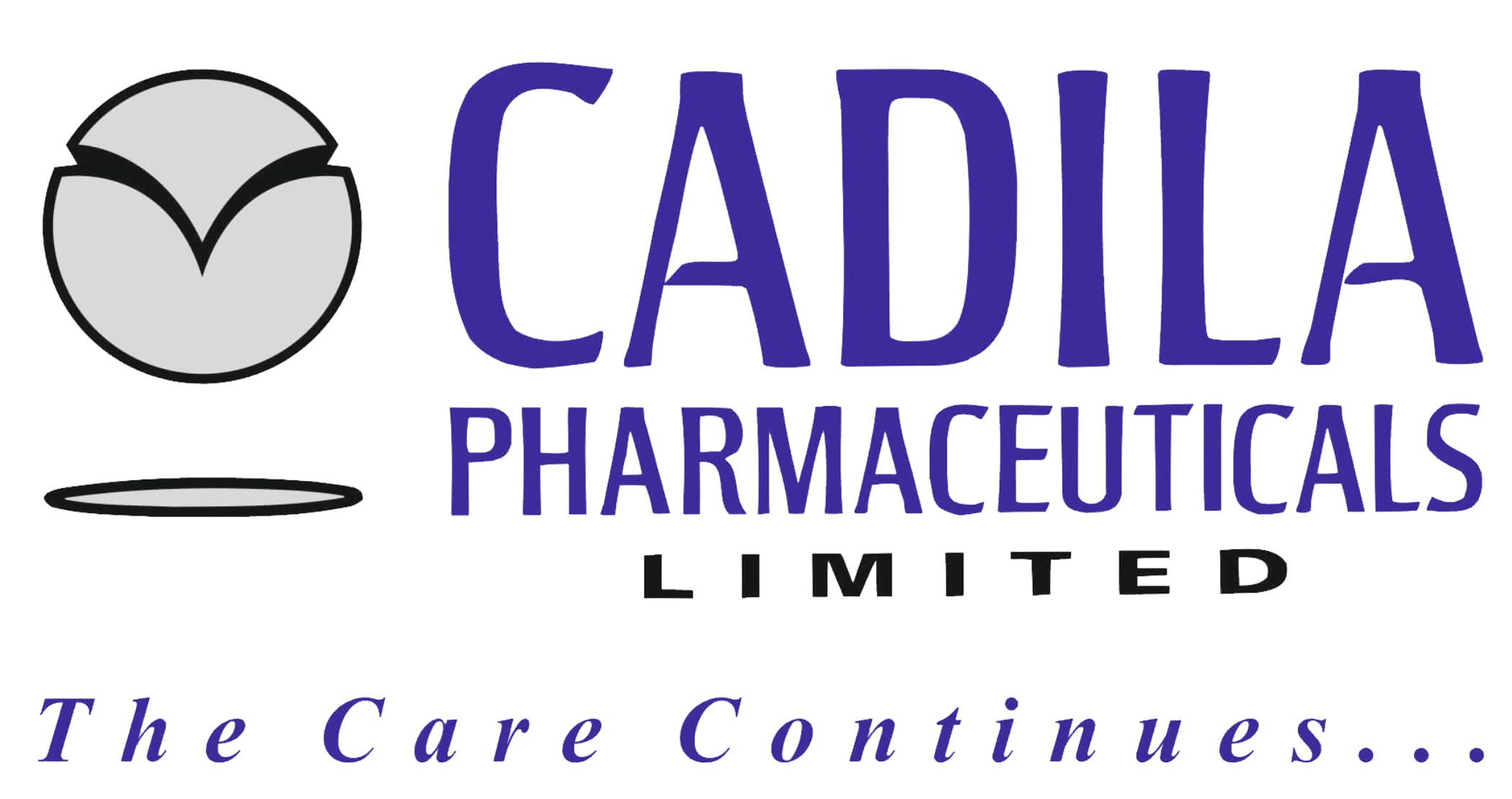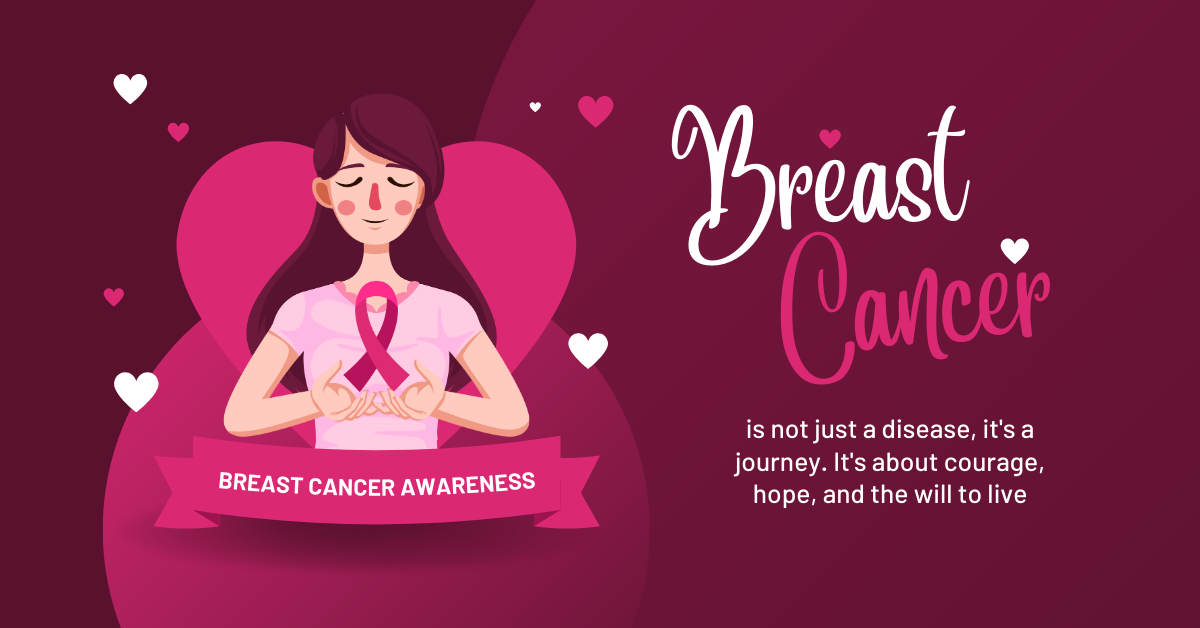Breast cancer is a formidable foe, and understanding its facts and figures is essential for effective prevention and early detection. In this concise overview, we’ll explore the world of breast cancer, connecting the dots to paint a clear picture.
Breast cancer, a devastating disease characterized by uncontrolled breast cell growth, affects millions worldwide. Age plays a significant role in its prevalence, with over 80% of cases occurring in women aged 45 and above. However, the risk isn’t limited to age alone; genetics, family history, and lifestyle choices also contribute to susceptibility.
Family history matters, as having a first-degree relative with breast cancer doubles your risk. Surprisingly, 85% of breast cancer cases occur in women with no family history, underlining the importance of universal awareness. Early detection is a powerful ally in the fight against breast cancer. Recognizing signs such as breast lumps, changes in breast size, nipple discharge, and skin changes is crucial.
To ensure early detection, regular self-exams and clinical check-ups are vital. Mammography is a potent weapon in this battle. It can identify breast cancer even before symptoms appear, reducing mortality by 20-40%. It is strongly advised to undergo screening, especially for women aged 40 and above, as they face an elevated risk of developing breast cancer. This increased susceptibility can be attributed to a combination of factors, such as hormonal fluctuations, extended cumulative exposure to potential cancer-causing agents, and the natural aging progression.
Lifestyle choices also matter. High-fat diets, excessive alcohol consumption, and a sedentary lifestyle are associated with an increased risk of breast cancer. Making informed choices about diet, exercise, and alcohol consumption can help mitigate these risks.
Breast cancer knows no gender. While men rarely develop it, less than 1% of cases occur in men, highlighting the importance of awareness for all. By understanding the facts and figures surrounding breast cancer, we can empower ourselves to take action, stay vigilant, and support research and awareness efforts.
Knowledge is indeed power in the fight against breast cancer. Together, we can make a significant difference, whether it’s through early detection, healthy lifestyle choices, or supporting vital research and awareness initiatives.




